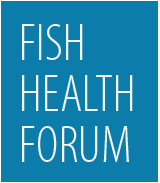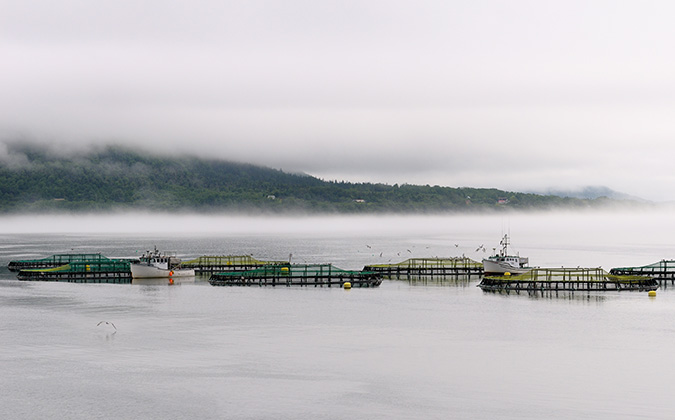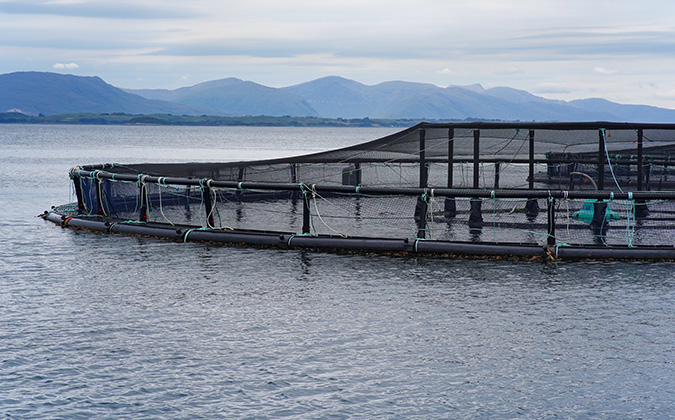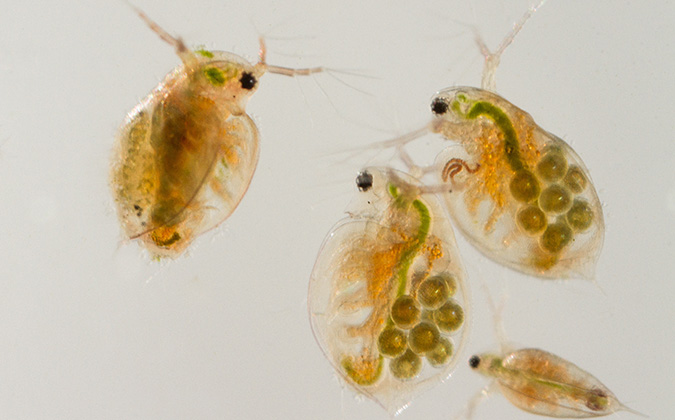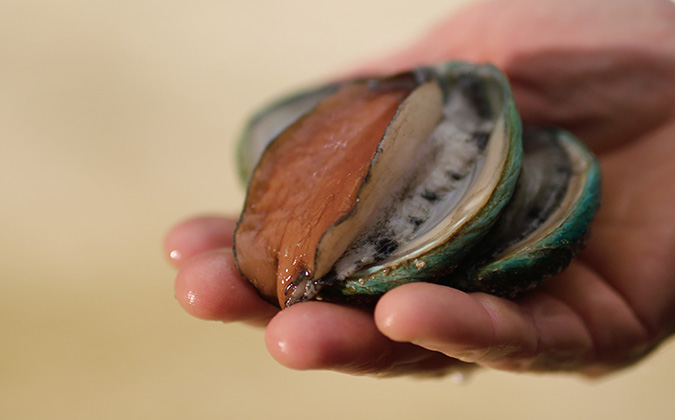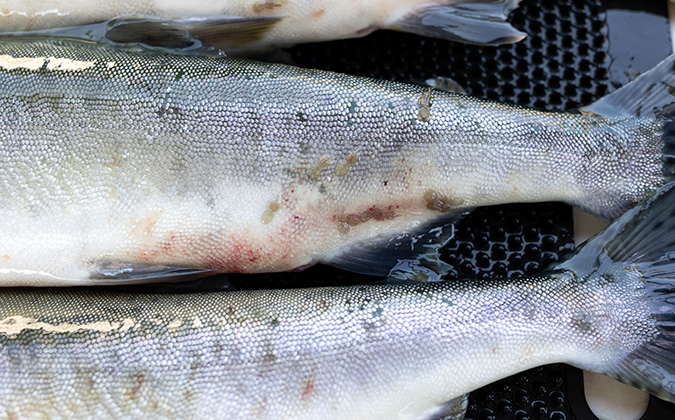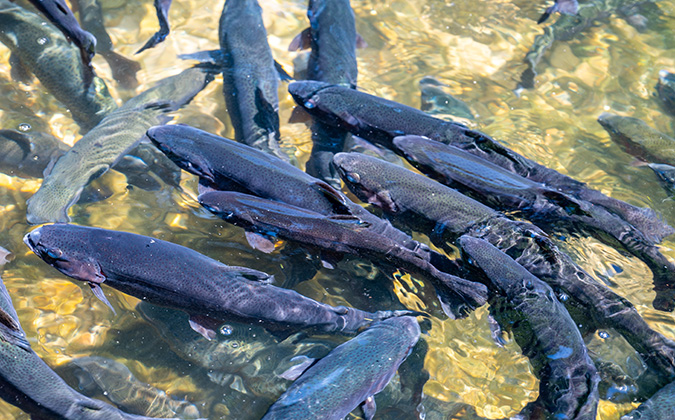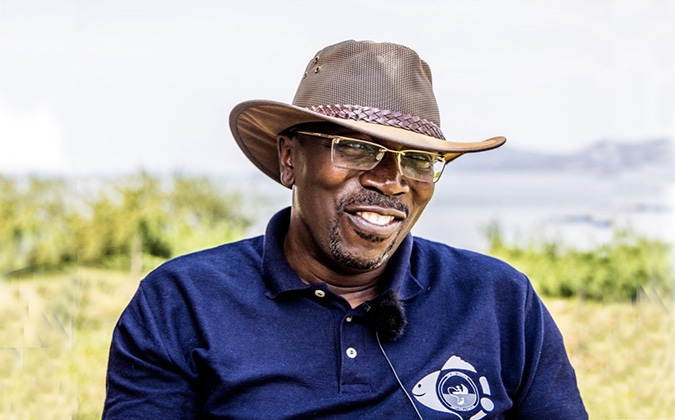
Keeping on top of fish health and biosecurity as East African aquaculture booms
The reach of the A.L.P.H.A. Plus initiative, an animal health collaboration between Zoetis and the Bill & Melinda Gates Foundation, is growing into Sub-Saharan Africa’s aquaculture sector. For one “trendsetter” in Kenya, it should enable them to manage fish health risks with the industry’s rapid growth.
Lake Victoria-based Victory Farms, founded in 2015, currently produces 8,000 metric tons of Nile tilapia every year and is aiming to produce over double that within 3 years. To ensure no bumps in the road, the company is leading the way in understanding the ecosystem in which it works.
“We have been observing the lake environment very carefully, because we are aware that in any ecosystem, such as Lake Victoria, there are endemic diseases which exist with or without aquaculture. Those diseases may become more pronounced with aquaculture activities,” said Caesar Asiyo, chief partnership officer for the company.
Current monitoring work takes the form of microbiological analysis of the lake’s water, as well as following the health of farmed and wild fish.
“What we have is a proactive initiative, to make sure that if there is any kind of disease outbreak, we are prepared for it and even anticipate it. A.L.P.H.A. Plus should give us the opportunity to potentially identify possible threats, so if something does come along, we will be better able to respond to it effectively,” Asiyo said.
Bringing technical know-how on board
Planning is the central focus of Victory Farms and others working in the Lake Victoria area, as until now, there have been no particular disease challenges affecting production, Asiyo noted. However, as more farmers move into production, the risks increase and so too the need for careful stewardship. Such growth in the regional industry is inevitable, he said, with Kenya facing a serious fish-supply deficit.1
For Asiyo, being part of the A.L.P.H.A. Plus initiative will bring added capacity, new diagnostic tools and technical expertise on preventative fish health management to Victory Farms’ plans. It may also go some way to improve collaboration, which Asiyo says is currently lacking.
“You have to bear in mind that the industry in this part of the world is quite young. As the years go by, I know that stakeholders are going to realize the necessity to work closely together,” he stressed.
“We are kind of trendsetters, in the sense that we are carefully looking at what’s going on in the lake. More and more actors are going to understand and appreciate why we need to do this.”
Leadership in new legislative environment
As well as effective monitoring of pathogens, managing broodstock and genetics are other fundamental aspects of health management. Victory Farms has moved from sourcing broodstock from a local hatchery to propagating its own stock, while it has also embarked on a long-term program of selective breeding known as Hero, which stands for healthy and robust.
Looking wider, investment is pouring into African aquaculture, which has led to an increasing awareness at the government level that better regulation of the sector is needed for growth to be sustainable. Kenya is currently finalizing its own regulations, Asiyo said, one aspect being the requirement for certification of imported foreign strains of tilapia.
“I think that certification of imported fish is a very important regulation, so that we don’t have rogue importers bringing in tilapia strains that could cause damage to the current ecosystem,” he explained.
It is clear that the expansion of the A.L.P.H.A. Plus initiative into aquaculture in Sub-Saharan Africa is coming at a pivotal moment, and he believes it can play a useful role in helping the more established operators in the region lead by example during a time of change.
“Because we are industry leaders, we strive to set sustainable standards. A.L.P.H.A. Plus is going to help us to do that, so that the players who come behind us are able to do things the right way,” he added.
1 Odende T, Ogello EO, Iteba JO, Owori H, Outa N, Obiero KO, Munguti JM, Kyule DN, Kimani S, Osia MM. Promoting sustainable smallholder aquaculture productivity through landscape and seascape aquapark models: A case study of Busia County, Kenya. Front Sustain Food Syst. 2022;6:898044.
